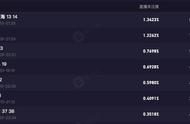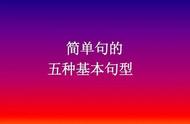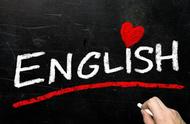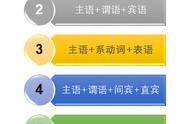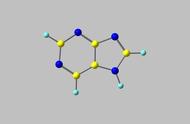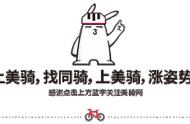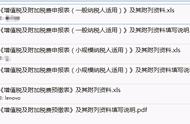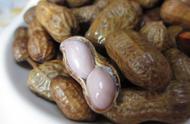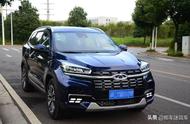主语 动词(一般现在时):
例如:I study English.
主语 动词(一般过去时):例如:She visited the museum.
主语 动词(一般将来时):例如:They will go to the beach.
主语 动词(进行时):例如:He is watching TV.
主语 动词(过去进行时):例如:She was studying when the phone rang.
主语 动词(将来进行时):例如:We will be playing soccer at 4 PM.
主语 动词(完成时):例如:They have finished their homework.
主语 动词(过去完成时):例如:I had already eaten when they arrived.
主语 动词(将来完成时):例如:By this time next year, I will have graduated.
主语 动词(被动语态):例如:The book was written by the author.
主语 助动词 动词(情态动词):例如:You should eat your vegetables.
主语 助动词 have 过去分词(情态动词的完成时):例如:She must have forgotten her keys.
主语 动词 双宾语:例如:He gave me a gift.
主语 动词 间接宾语 直接宾语:例如:She sent me a letter.
主语 动词 宾语 补语:例如:They made him the captain.
主语 动词 宾语 宾补:例如:I find the movie interesting.
主语 系动词 补语:例如:She is a doctor.
主语 系动词 补语 宾补:例如:The cake smells delicious.


